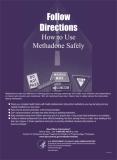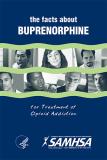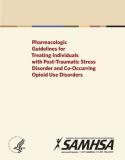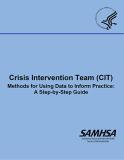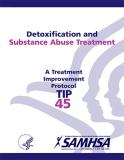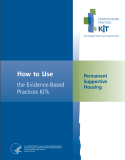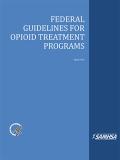
This manual provides guidelines for the operation of opioid treatment programs. It covers patient assessment, treatment planning, and recovery care. The manual also offers guidance for medication-assisted treatment for methadone and buprenorphine, and overdose and relapse prevention.
Units per Product
Download
Federal Guidelines for Opioid Treatment Programs
File Type: PDF
File Size: 682 KB


